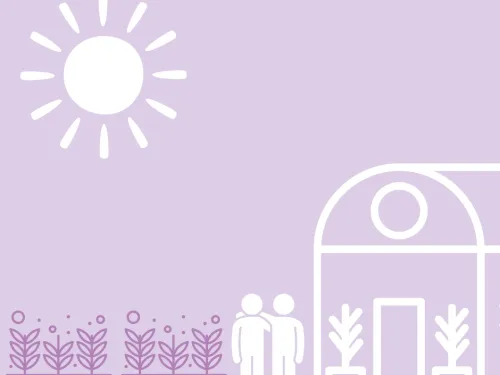
Sustainable food growing
On this page you'll find useful tips on how to grow food in ways that help your community and the biodiversity around it
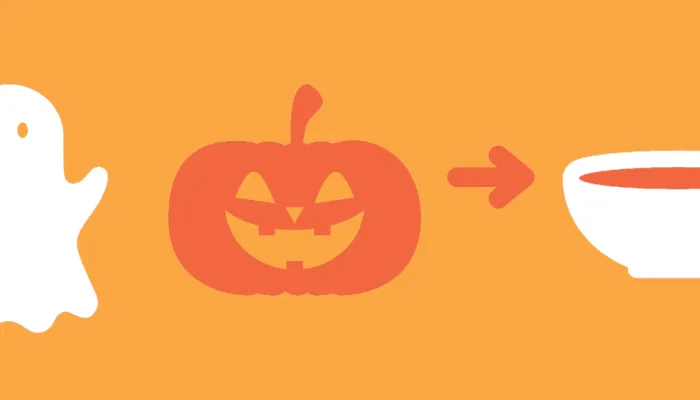
Halloween is often a great time for spooky family fun, but unfortunately it is often full of plastic.
If Halloween costumes and masks to copious amounts of plastic-wrapped treats is enough to scare you, check out our top tips for a plastic free Halloween!
It can be great fun dressing up as your favourite spooky character, but a recent survey found that Halloween costumes are often made up of 90% plastic. An incredible 7 million Halloween costumes are thrown away each year in the UK. But you can avoid this by:
If you are looking for a waste-free costume, face paint is the perfect option! Choose a natural, non-toxic face paint that washes off at the end of the night. Transform into a ghastly ghost or a skeleton without the plastic waste.
Halloween costumes are often made up of 90% plastic.
Carving a pumpkin is a family friendly activity which screams Halloween. But what do you do with the leftovers? Sadly, a horrifying 8 million pumpkins will be thrown out after Halloween in the UK alone. How about using the leftovers to make a pumpkin pie or soup? Alternatively, roasted pumpkin seeds make a quick and easy snack!
Upcycle a plastic tub, pillowcase or tote bag by decorating it with a spooky design. It will last for many years to come!
Instead of individual plastic-wrapped sweets, cook up some fudge or bake your own spooky cookies. Children will love decorating them!
Get creative and make decorations that are recyclable! How about...

On this page you'll find useful tips on how to grow food in ways that help your community and the biodiversity around it
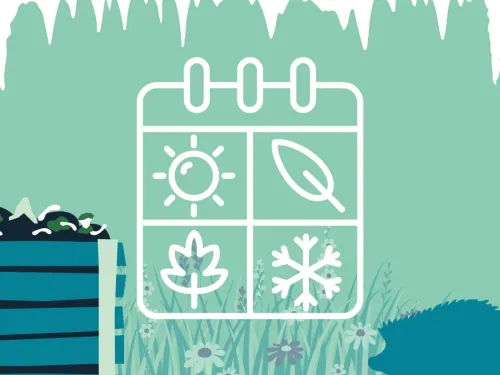
In this page you'll find an array of information to how to best help wildlife over the changing seasons each year
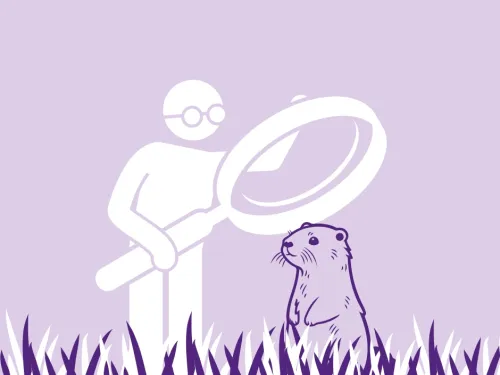
On this page you'll find exciting information on getting involved with citizen science project in your own home and community
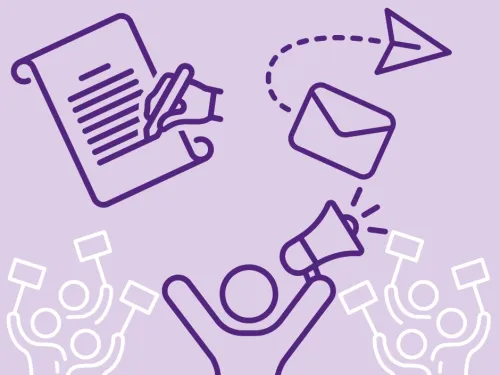
On this page you'll find useful information on how to take environmental action from home and in your community

On this page you'll find useful information on how to reach out to others about nature & the environment
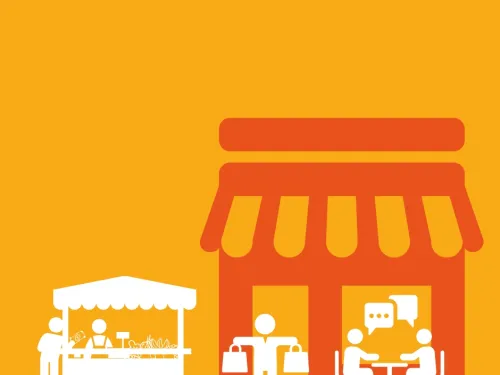
On this page you'll find excellent tips on how to shop sustainably and be mindful of what you're eating